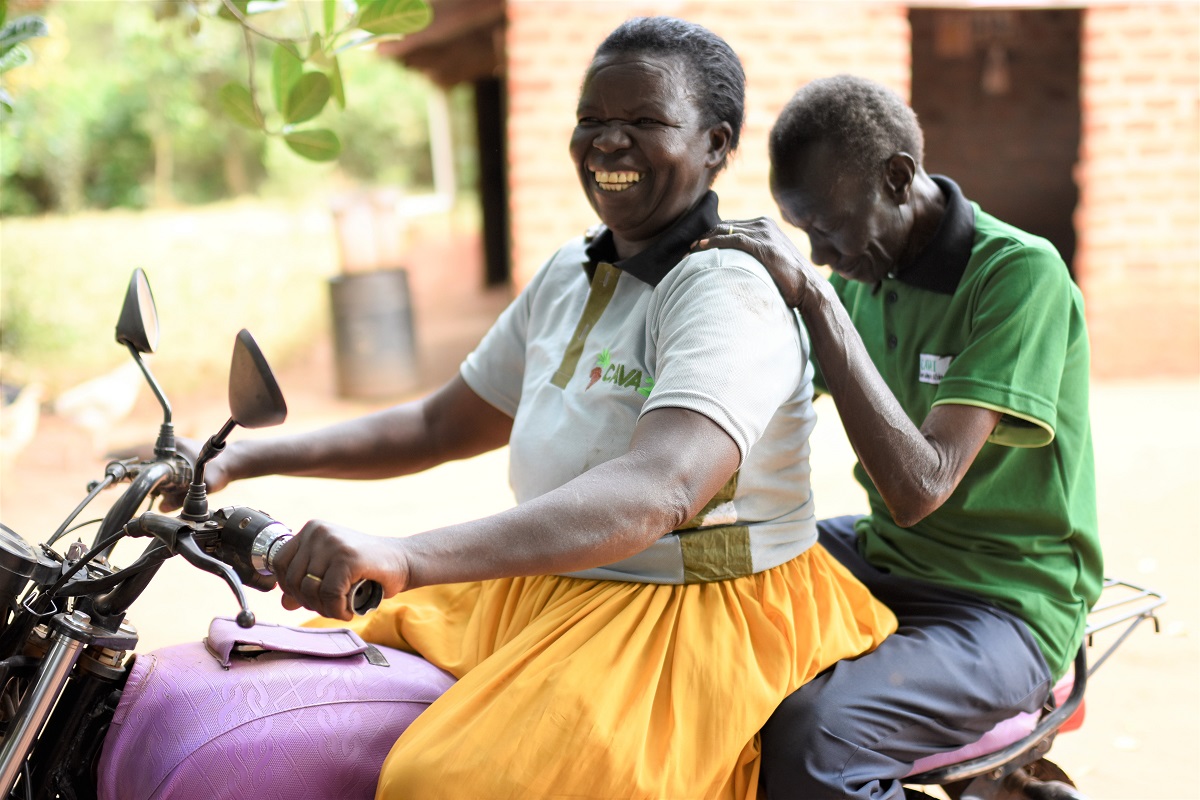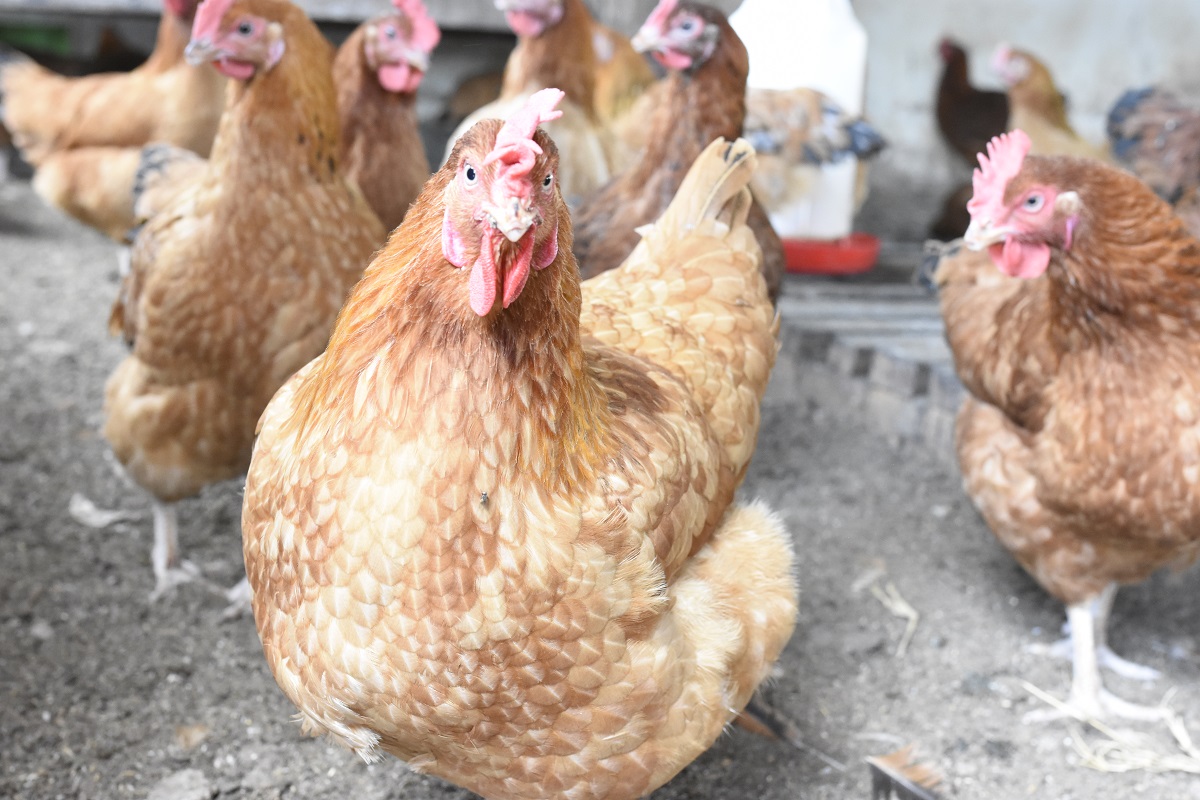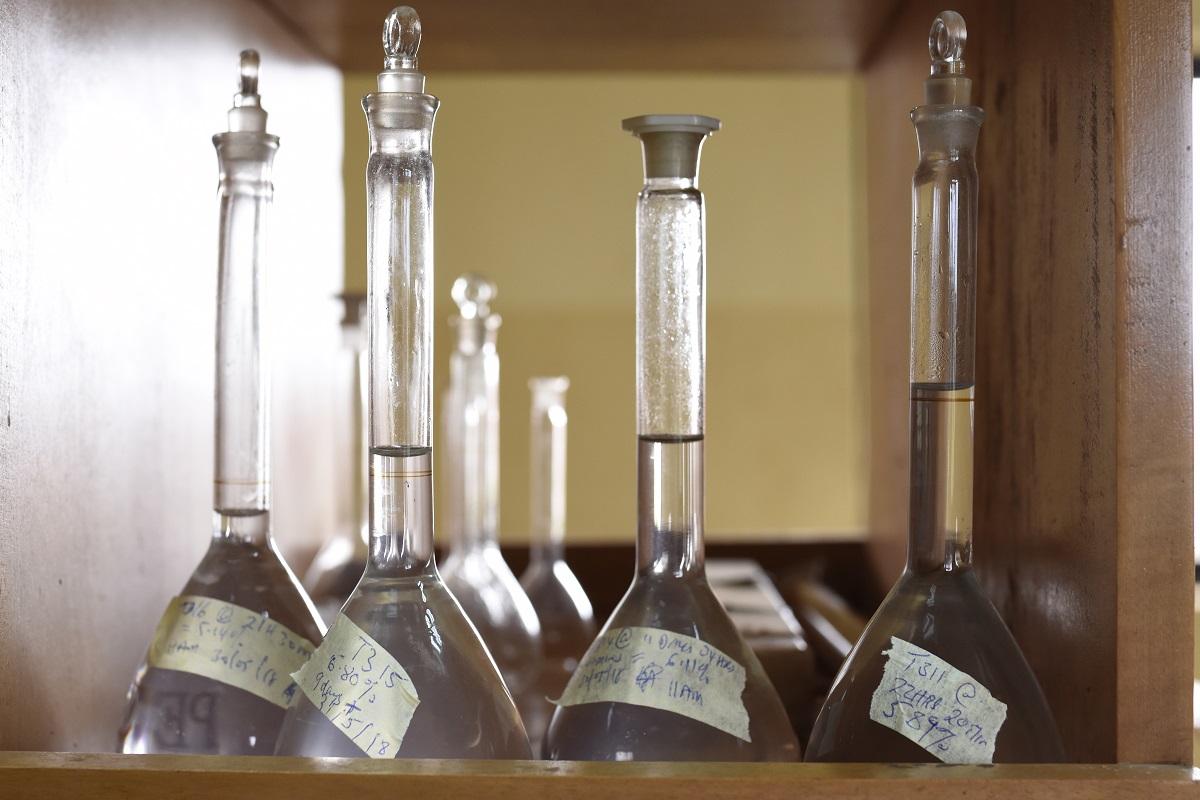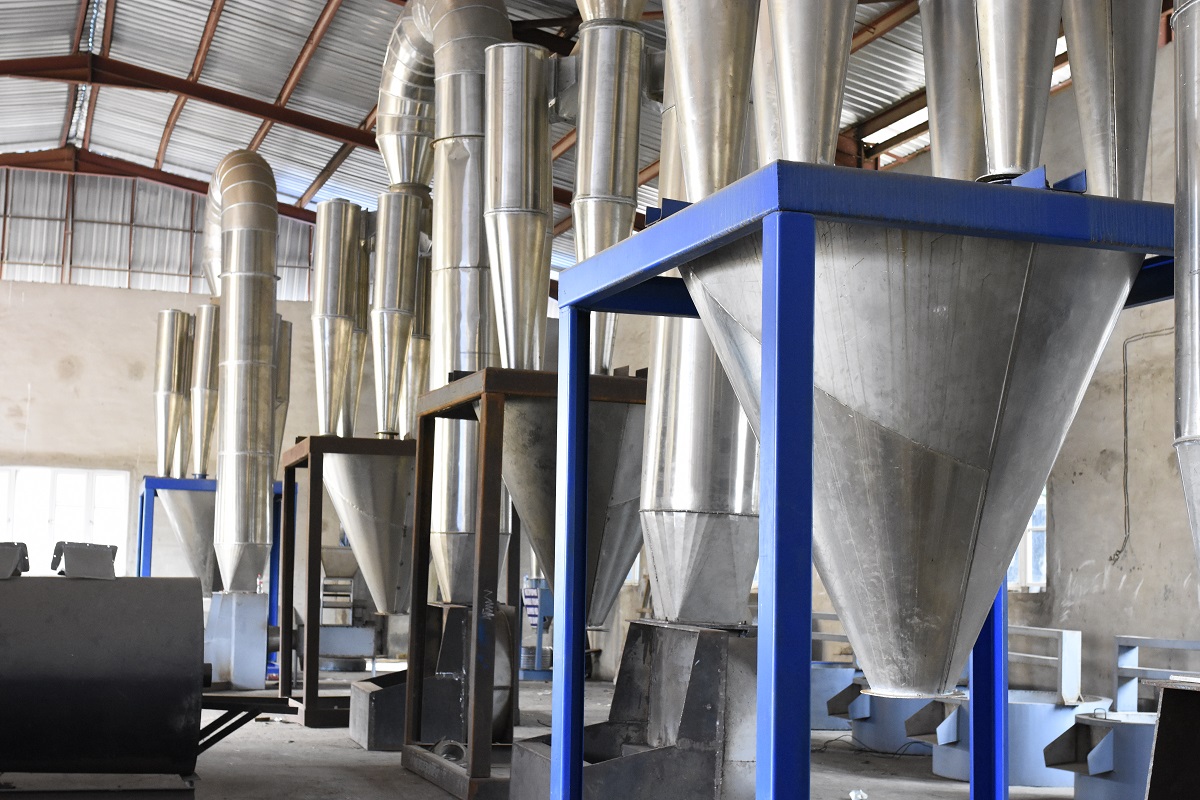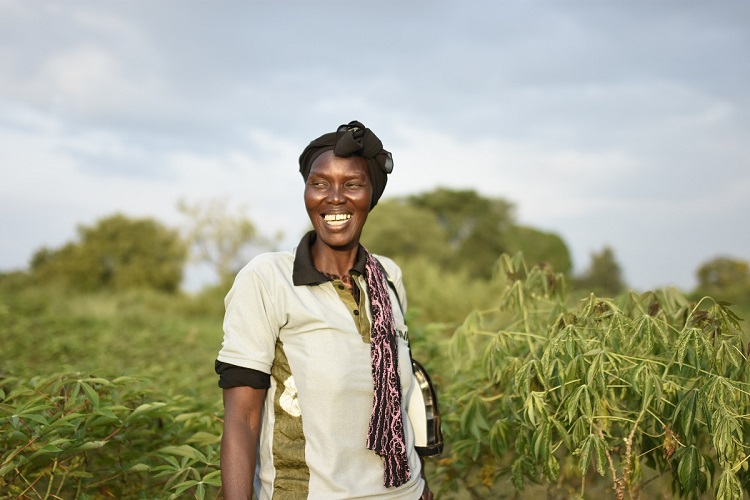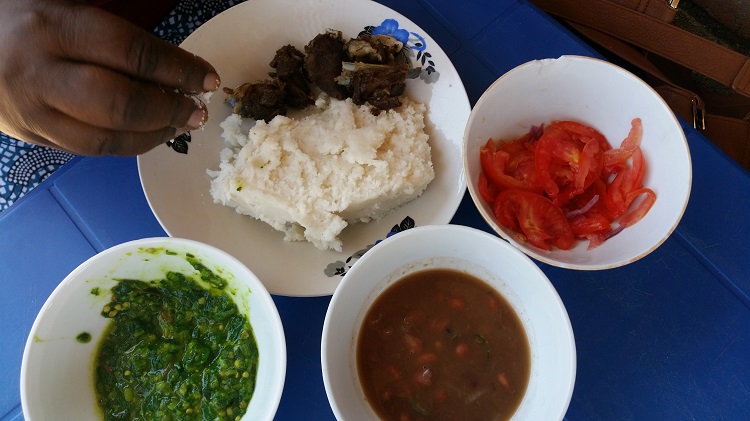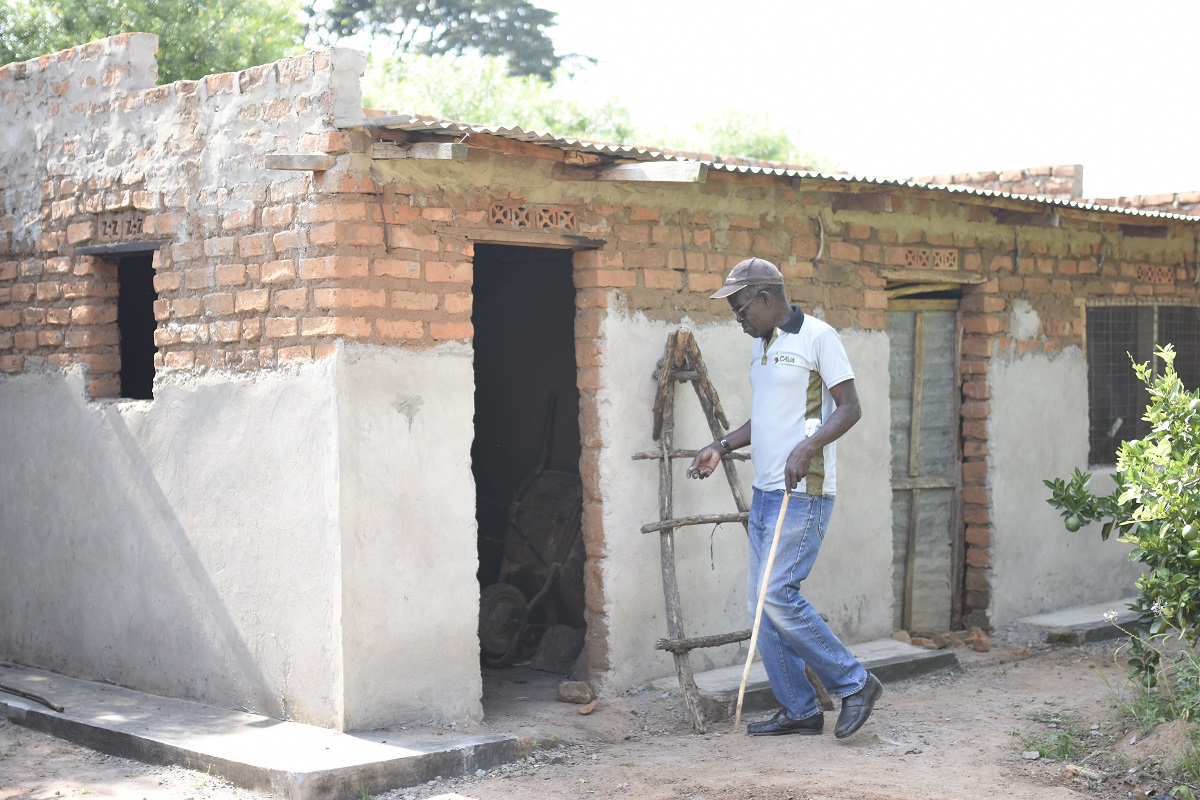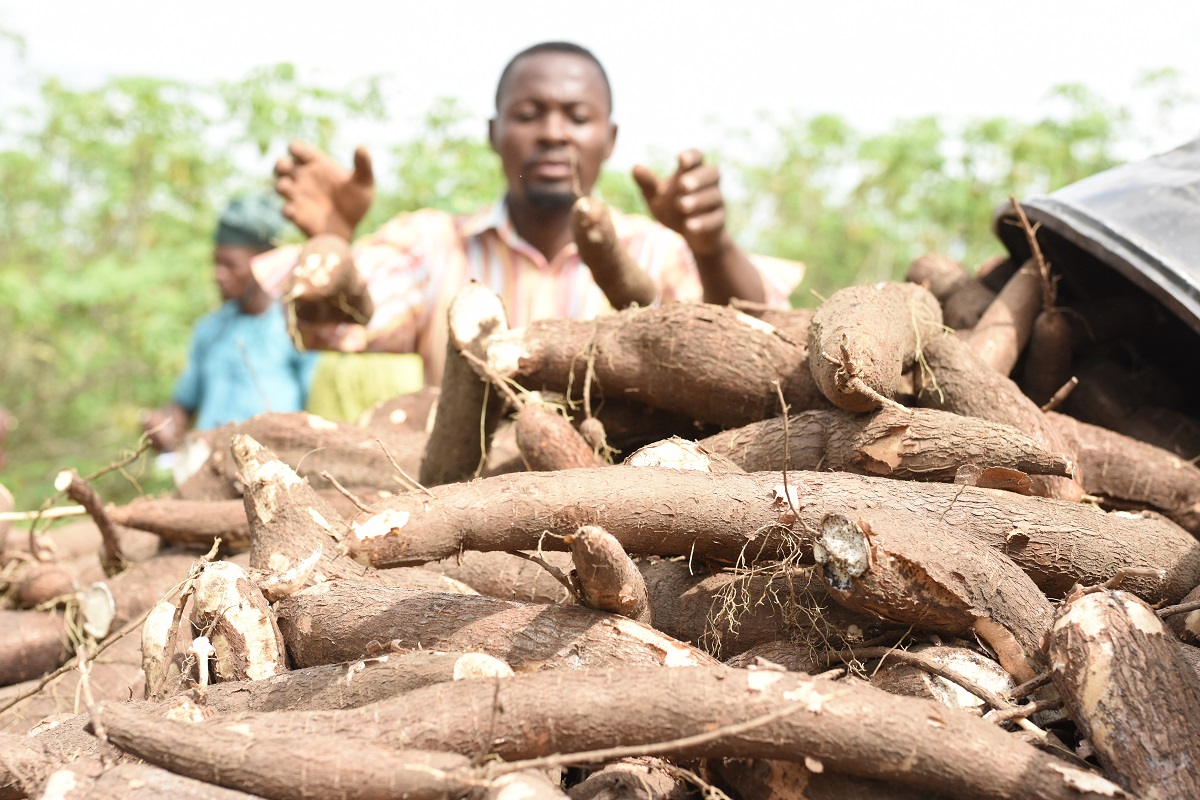There is a place called Ajaligado, in a parish called Ayal, in Alito sub-county, Kole District, in northern Uganda. On the day of our visit, about 25 members of the ‘Alito Cassava Growers’ Association’, met under the trees beside their cassava fields and next to their processing station, to talk to us about their experiences. There were fifteen men and nine women.
Maize has traditionally been used as the main ingredient for animal feed in Tanzania, but frequent droughts and other effects of climate change have resulted in decreased yields which increase prices and competition as food for humans. Finding an alternative raw material for animal feed, as a cheaper partial substitute for maize, is becoming a crucial task for producers, farmers and feed manufacturers. CAVA2 has been collaborating with Misenani Agrovet Services Ltd on the development of a healthy and good-value poultry feed using cassava.
Most people are familiar with ethanol, in one form or another. The clear, colourless liquid alcohol is used in industries such as cosmetics, chemicals, pharmaceuticals, solvents and food and beverages. It’s made from a range of raw materials including sugar cane, sorghum, corn, sugar beet and wheat, among others. In Nigeria, it’s made from cassava. CAVA2 has been central to the task of bringing cassava farmers and large-scale business together, to create a thriving ethanol industry.
One of the ways CAVA2 supports smallholders is by offering farmers more ‘avenues for sales’ for their cassava roots. To ensure a smooth flow of roots from farm to product, CAVA2 works with SMEs to expand and develop processing capacity; a key issue is the availability of quality equipment and after sales service. ‘Nobex Technical Company Limited’ is a Nigerian manufacturer that has specialised in equipment for drying and roasting cassava.
In the face of climate change, cassava is no longer considered just a ‘famine reserve’ crop, but a prime raw material for industry and a sustainable business for farmers. “When the brewery was looking for options, a contingency plan,” says Joseph Kawuuki, Agriculture Manager at Uganda Breweries Limited, “there were cases we were struggling with sorghum, and we thought of cassava. It is tolerant to the changing weather patterns, because the majority of (other) crops have been affected by this, especially a lot of drought. Actually, our biggest beers by volume are from cassava.”
Across east Africa, a favoured staple is a mixture of cereal flour and water, cooked to make a versatile stiff porridge or dough that is eaten with a range of dishes. In Tanzania it’s known as ugali, and is normally made with maize meal. CAVA2 has been working along the value chain to add cassava to the traditional mix, creating new opportunities for farmers and business.
For Gilbert Okiror of Kapiri sub-county, Ngora District, eastern Uganda, it all began with cassava seed through CAVA2. For the uninitiated, cassava does have actual seeds, but they are very rare, as cassava is usually propagated vegetatively, by planting stems. These stems are what some growers call ‘seeds’. For Gilbert, the seed also sprouted a successful SME, ‘Koloin HQCF Processing Technology’, making high-quality cassava flour, chips and grits.
For many of us, seeing is believing. When it comes to cultivating cassava, the CAVA2 project team has solid evidence that their training in good agronomic practices is helping farmers to increase yield by more than 25%. By using demonstration plots, farmers can see with their own eyes the effect that CAVA training has on yield and quality.
During an afternoon tea break in Blantyre, Malawi, we were offered a range of delicious-looking biscuits. The coconut-flavoured ones were particularly tasty, and accessibly priced, as we learnt from Jean Pankuku, Food Technologist at Universal Industries. All the biscuits on offer that afternoon were made with a proportion of cassava flour – High-Quality Cassava Flour (HQCF).


